‘Now I Really Recommend Moscow to All My Friends’
The fourth HSE International Summer University has drawn to a close. The programme continues to grow and evolve. This year over 160 students from 46 universities came to HSE to take courses in International Relations & Politics, Computer Science, Russian Studies, Economics, Culture & History.
Russian as a foreign language remains a popular choice among students, as well as courses in International Relations and Politics since young people are interested in learning about Russian perspective on current events. To that end, a new course by Nina Belyaeva, Global Actors in Public Policy, was launched that focuses on international integration processes and conflict management. Additionally, for the first time this year participants had an opportunity to join a research experience programme for maths undergraduates run by the HSE Faculty of Mathematics.
Tailor-made courses were created for student groups from Seoul National University and University of York. Korean students combined the study of Russian as a foreign language with Understanding Modern Russia course. British students divided their time between Moscow and Saint Petersburg. They took an integrated course that covered various topics, including international business management. As part of the course the students visited Baltika brewery in St Petersburg. University of South Alabama, Hong Kong University of Science and Technology, and Seoul National University of Science and Technology also had groups of students attending Summer University.
As students were arriving and departing at different times, depending on the choice of the courses, there were several welcome and good-bye parties held. At the last party, students who took a Russian language course presented a play Red Riding Hood in Russian. To introduce students to Moscow, there were four guided tours around Moscow. In addition, HSE buddy volunteers frequently organized various outings for international students.
As Oksana Chernenko, the head of the programme, notes, ‘Our programme not only introduces international students to Russian culture and history but also serves as a platform for multi-cultural exchange because our participants come from more than 20 countries all over the world. HSE Summer University remains unique in that it offers a combination of Russian language studies and specialized courses. It has gained considerable recognition among foreign universities looking for study abroad opportunities for their students. We are planning to continue building our institutional partnerships. This year we will be participating in various conferences, for instance, the 29th Annual EAIE Conference and Exhibition in Seville, where we will be sharing our experience of holding a summer university.’
Starting this year, SU participants are entitled to tuition fee discounts on HSE’s full-degree programmes. Several students are already planning to return to HSE for either graduate or postgraduate studies.
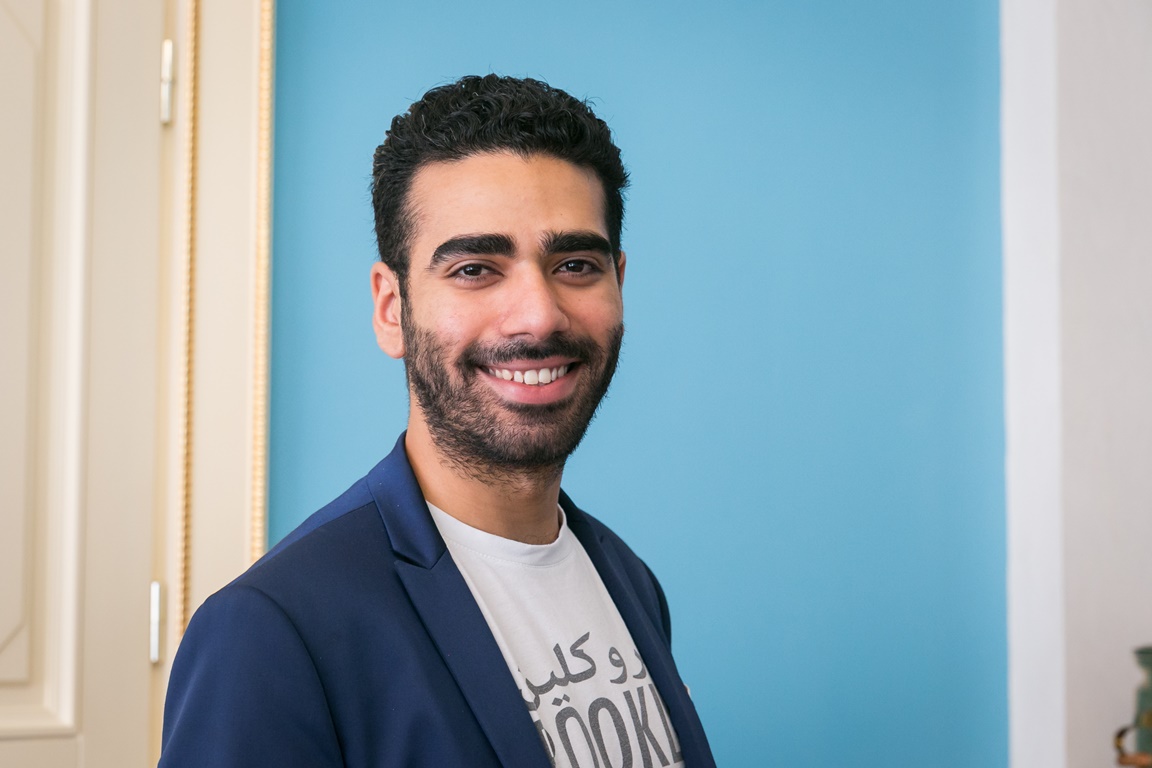
Chihi Siwar, KEDGE Business School (France)
My father and mother live in Moscow, and I learnt about the Summer University through them. I really liked the courses offered at this programme. It’s complementary with my studies, which is management and finance. I had some geopolitics courses and I loved it. I would like to also learn more about Russian history, so I took a history class and liked it a lot as well. It was a great opportunity for me to get the credits I needed.
Taking the maximum number of courses wasn’t difficult in fact, because all I needed to do was study. The courses were really interesting. I liked the courses on Russian – EU and Russian – U.S. relations taught by the same teacher, Dmitry Suslov. They showed the Russian point of view, which was interesting for me because I believe that whatever we do, the most important thing is to have an open mind and an open spirit. The last course was called ‘Global Actors in Public Policy’, and we had a lot of debate. The Critical Perspective on International Business by Tatiana Grishchenko at HSE St. Petersburg was also very interesting, and we had a lot of debates in this class, too.
I visited Moscow as a tourist for ten days two months ago and I liked it. I saw that it’s a complicated city with its secrets and it’s not enough to just be a tourist here. I decided that knowing more about one of the most important cities on Earth is better when you live there. When we go out, we learn which restaurants, bars, parks, and areas we have to go. I’m really glad that after two months now I can really recommend Moscow to all my friends, and I also love St. Petersburg.
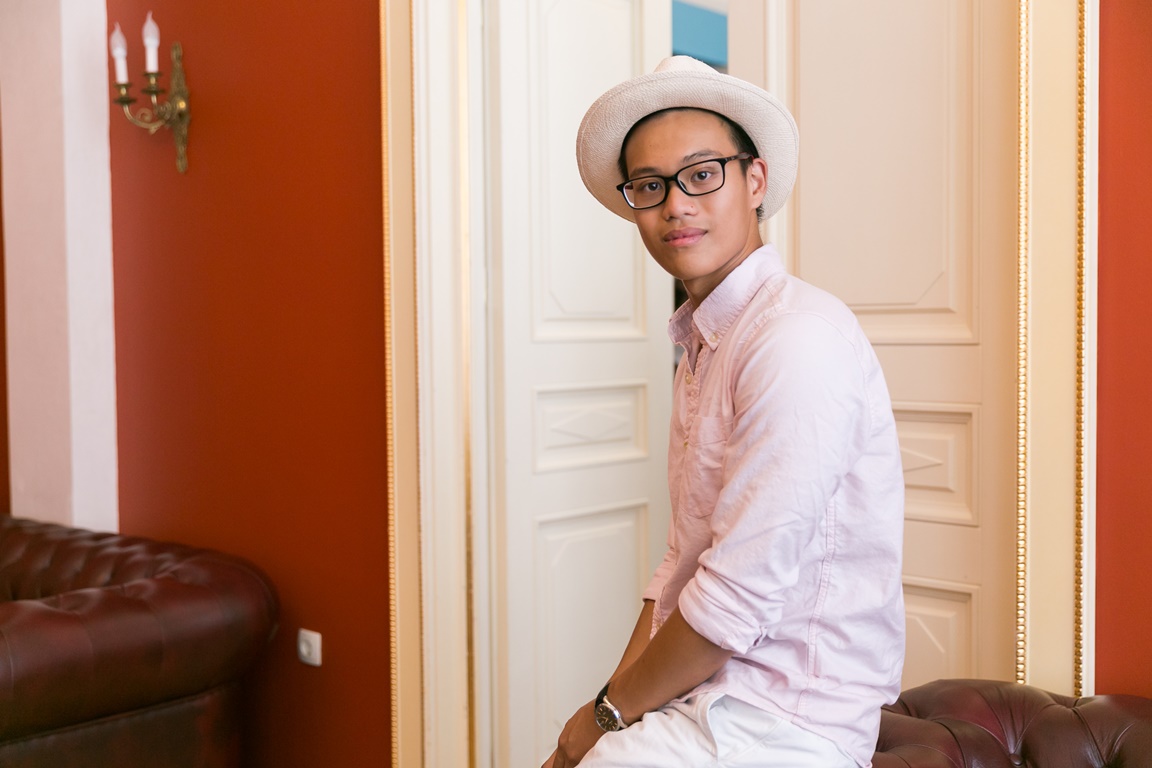
Sam Yeung, University of Science and Technology (Hong Kong)
My major is Global China Studies. I have taken two courses, in Russian history and post-Soviet demographic process. These courses have been really helpful. Before coming to HSE, I had no idea what Russian history is. I didn’t know about the Soviet period. I learned a lot. The interaction with the teachers was also very good.
My overall ranking of the programme on the scale from 0 to 10 would be 9. When we arrived to the airport in Moscow, we already had buddies welcoming us, and that was really thoughtful. At the beginning Moscow was strange for us, we didn’t know Russian and had no idea where to go. It’s my first time in Russia. Everything is colourful and nice, the appearance, the people and the food. My biggest impression has been the churches. The churches in Moscow are quite different from the other places, like in Europe or in China.
For those who are coming here, I recommend learning Russian, because not everyone in Moscow speaks English. I didn’t take a Russian course, but I’ve learned some Russian and now I can order breakfast in Russian.
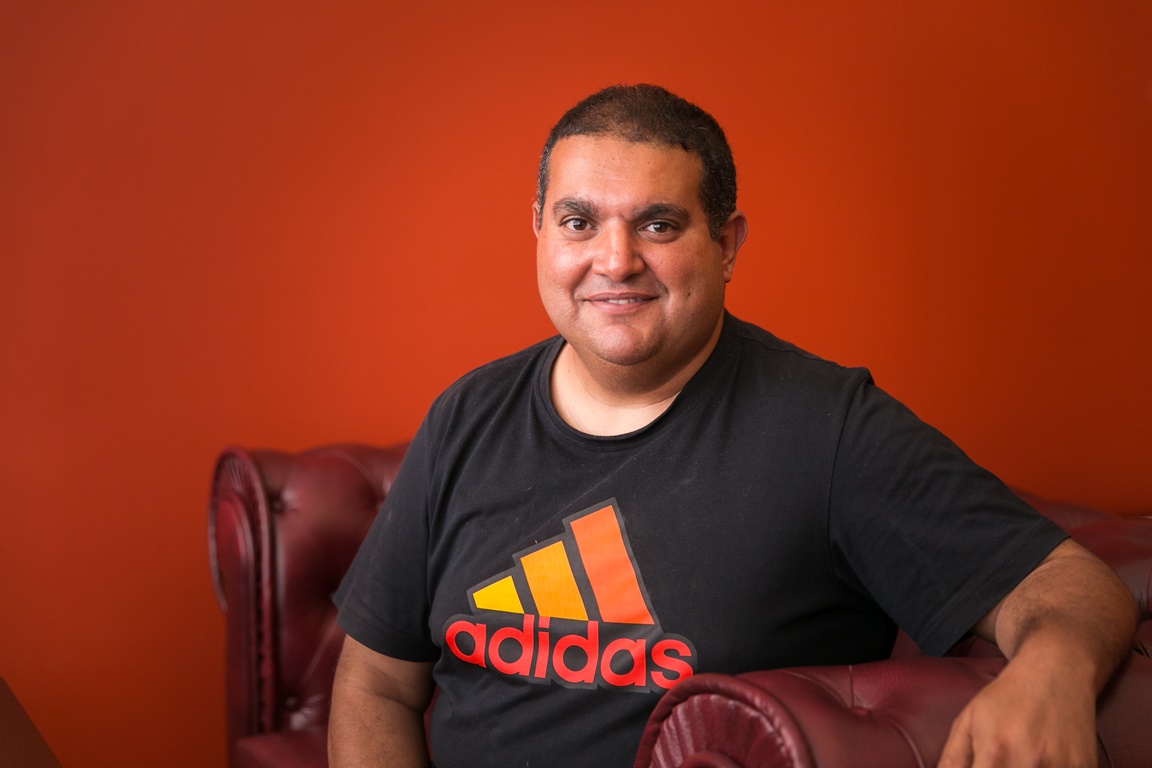
Mina Elgabalawy (Egypt)
I initially came to HSE for Semester in Moscow programme but then decided to stay for the Summer University and study Russian. It’s my first time in Moscow, I really like the city and I’m planning to come back to look for a job here in the pharmaceutical field. I started learning Russian in January, then during the Summer University we had studies every day. Now I’m going to continue my studies.
The course of Russian at the Summer University was very practical, every day we had a lot of conversational practice. There was of course some grammar, but not too much. Home assignments helped us practice more. As for the programme organization, the information posted on the website was quite clear, the schedule was okay. The programme is suitable for people who already know some Russian basics, who are aware of language, the rules of pronunciation, and know how to speak Russian. Here they can practice the language.
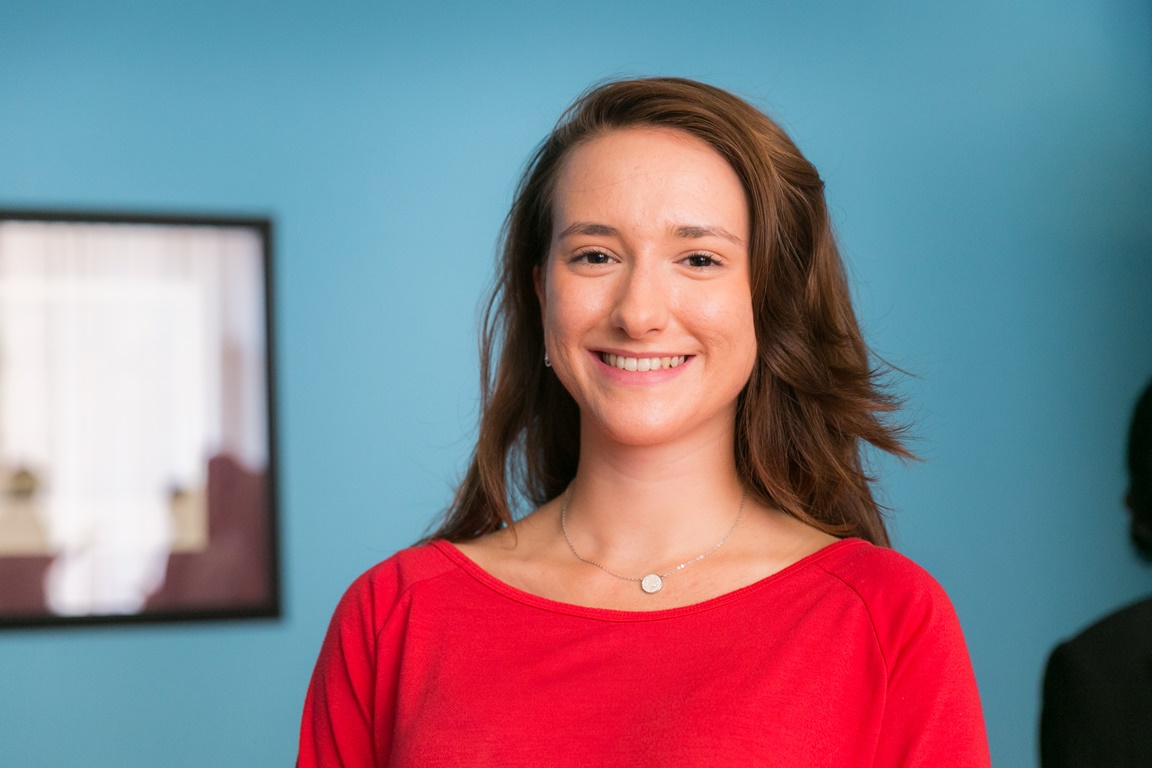
Sonia Sotomayor, Pace University (USA)
I study information systems with a minor in Russian language and studies. This is my first time in Moscow. I wanted to come here to immerse myself into the language and the culture. I want to become fluent eventually in Russian. I already speak Spanish, which was my first foreign language required at my school. As a third language, I’ve chosen Russian. I’d been learning it just about six months before coming here, which means about eight months now. It’s difficult, but I think I’m better at the everyday language today and I can understand more.
The people have been really understanding when I tried to speak the language. The people here are friendly and different from what we see in media, where there is a lot of negativity. It was a great experience, and I want to come back to Moscow. The museums and the parks in Moscow are beautiful and very clean. I also loved St. Petersburg.
When I was choosing a university for the summer programme, HSE seemed like the best option. I chose four courses: Russian Language, Global Actors in Public Policy, Introduction to Natural Language Processing, and Russian Space & Russian State. I liked the Global Actors in Public Policy course the most. Professor Nina Belyaeva is really great; she told us a lot about how organizations act globally and how they affect public policy and economics.
For the future participants of this course, I recommend having an elementary level of Russian; it would be very helpful to get around in the streets. I wish I knew a little bit more of Russian before I came here. There’s so much to do here. The courses are great; you meet a lot of people; a lot of great friendships have started here; I definitely would recommend it.
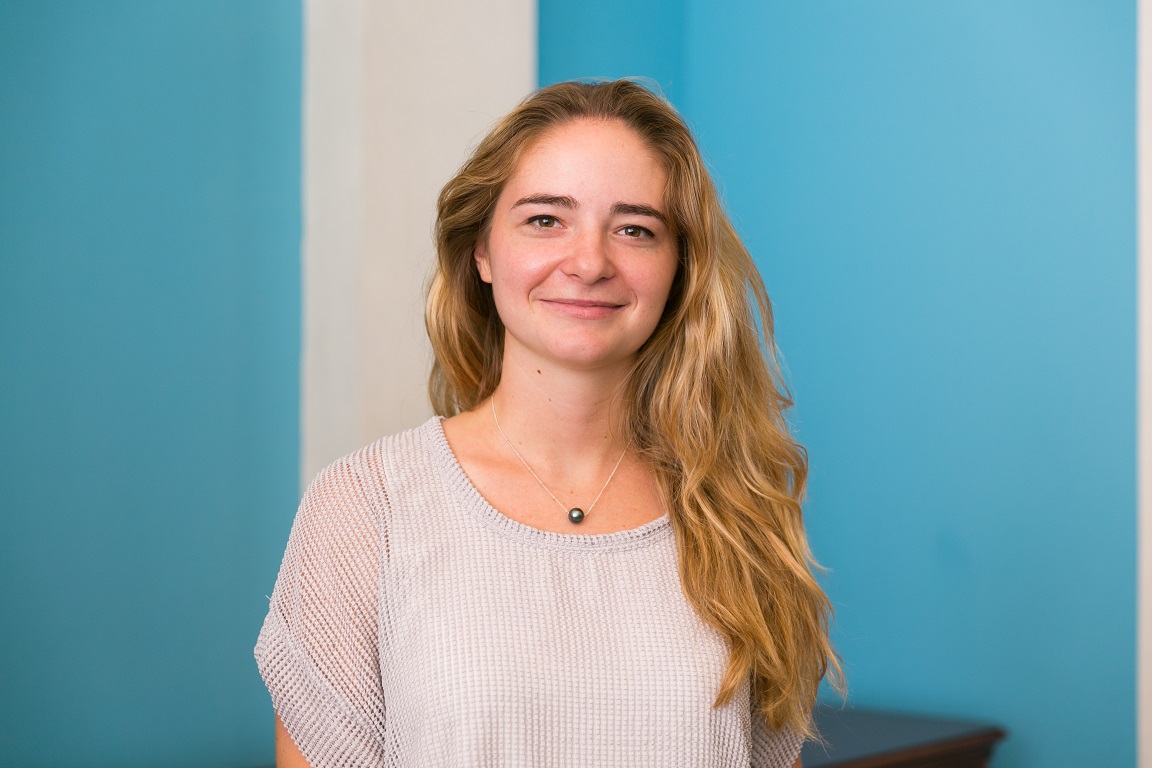
Alix Forgan, Georgetown University (USA)
It’s my first time in Moscow. I really loved the city and I’m glad that I came here. Moscow is a beautiful city, a lot of things to see, and people are very willing to talk to you. I really liked Gorky Park, as there something is always going on and you have things to do, I also liked the Red Square.
As for the programme courses, I chose Politics and Economics of Energy, Critical Perspectives on International Business and a course of Russian language. During my first year at university I had a Professor who got me interested in the subject of Russian energy economy, as he is a well-known expert on Russia. I really enjoyed the classes. I started learning Russia a year and a half ago at Georgetown University, so I learnt a lot of basics. This course helped me to understand people much better, the immersion is really helpful. People here are very friendly, and that’s really great, I had no problems making friends.
As for the future participants, I would advise that they should start their visas as soon as possible, so they didn’t miss the start of the courses. The courses were definitely useful, I’m planning to take Russian during my last year at the university, keep practicing and come back here. I’d really love to come back!
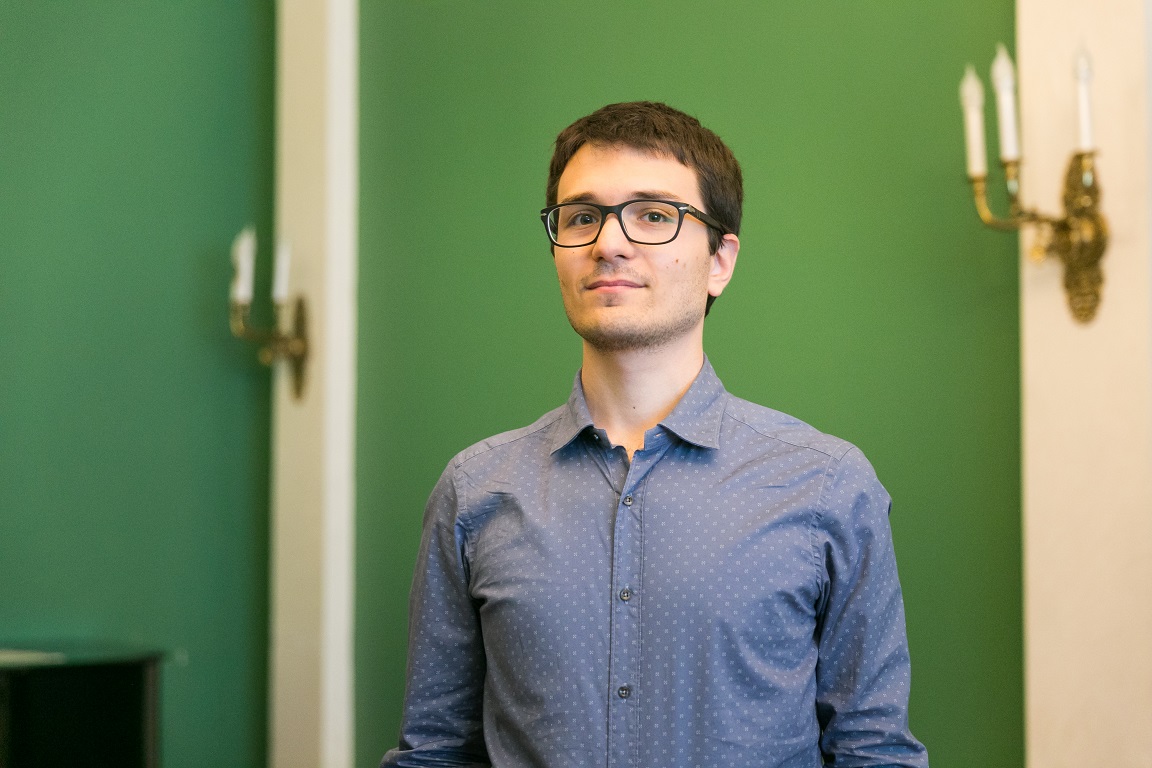
Moreno Stambazzi, Universtiy of Florence / University of Turin (Italy)
I decided to take part in this programme as I received some very good advice from a friend of mine who studied here. I took Russian Language course and the course on the Russian Space and Russian State, as I try to improve my Russian and I’m interested in political science, and Russian space and Russian state could fit well for my course studies. I liked the lectures a lot, that is why I decided to apply for the visiting scholar programme here for the next semester, and my request was accepted.
The courses were very useful for my dissertation, and now I can speak Russian better than before I came here, I studied it for two months intensively. The impression you get in Russia is that when you try to say something in Russian, even if people do not understand you, they still try to help you as they see that you try to speak their language, and it’s something I really appreciate. People here are very kind and helpful. It’s my fourth time in Moscow, I really like the city, that’s why I’m going to return here again.
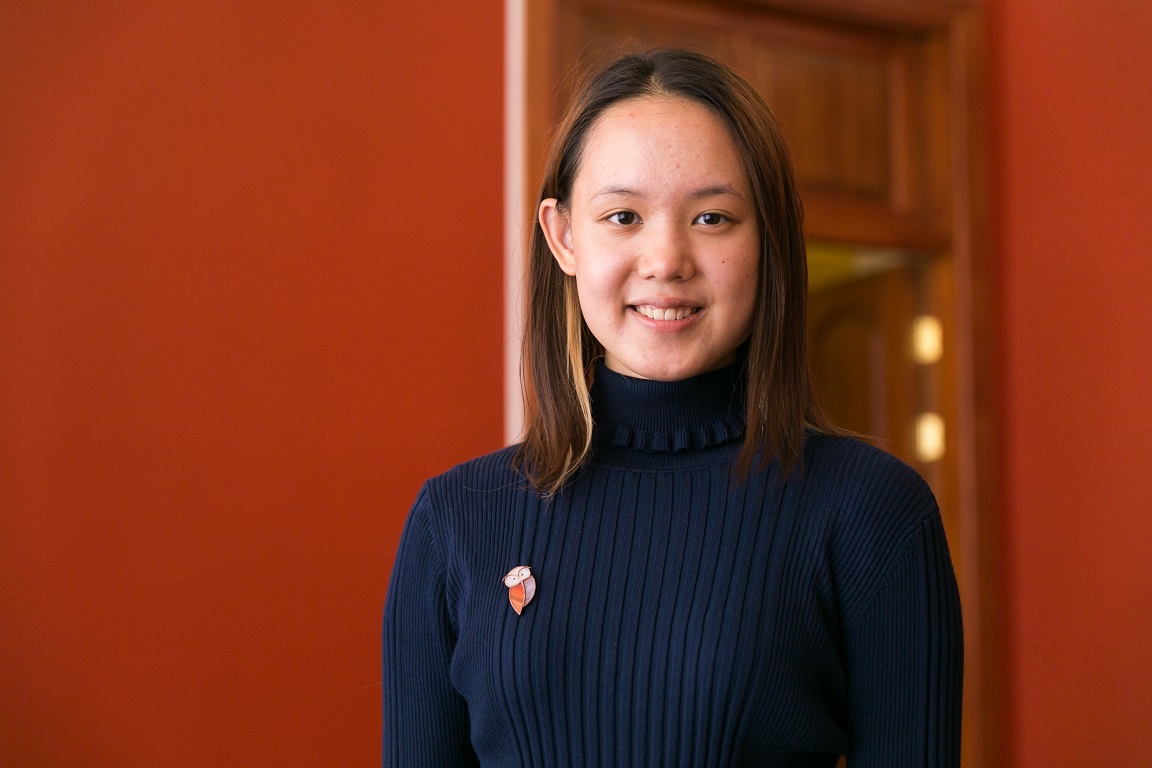
Ariana Szeto, Hong Kong University of Science and Technology (Hong Kong)
I came to Russia to learn more about history and culture of the country. Russian people are very nice, even though they don’t show it with their facial expression. And they are really helpful. Gorky Park seemed an interesting place, you can spend a whole day here, just take a book and sit on the grass. I decided to take part in the programme to learn more about Russia, not just the things we learn from the books.
The course ‘Demographic Development of Russia and Post-Soviet countries’ was very interesting, as we learnt about the people, the structure, and professor helped us to create a clear picture of Russia. As for the future participants, I’ll advise that they should read some information about the country in the media and books, but here they’ll definitely learn more. I don’t speak Russian language, but here I learnt to thank people in Russian, and they really appreciate it when you try to speak their language.
I liked the programme and the city as the environment is very different from Hong Kong, which is a very compact place. And here everything is wide, unique and beautiful.
See also:
Summer University 2023: ‘A Good Introduction to Urban Studies’
At the start of August, HSE University held the tenth annual Summer University. This year’s programme took the form of a workshop on urban studies. The participants attended four courses from HSE University faculty and invited experts and worked on their own projects to develop a cultural heritage site. Jung Woo Lee, from South Korea, shares his impressions of the Summer University.
‘I Have Always Respected the University’s Comprehensiveness and Inclusiveness’
Throughout July, students of the HSE International Summer University are studying Russian History and Behavioural Economics. The courses are taking place in an online format—something that seemed unthinkable for a summer programme before the COVID-19 pandemic. Recent years have shown that online learning is a unique opportunity for students from all over the world to study with leading HSE University professors from the comfort of their own homes.
Pivot to the East: A Comprehensive Study of the Cultural and Civilisational Centres of the Non-Western World is the Top Priority
China and the Chinese world, South Asia, Southeast Asia, the Arab countries, Iran, Turkey, Central Asia and Africa are gaining new significance in Russia’s foreign policy. However, we do not know enough about the Eastern countries. It is necessary to change the priorities in education, starting from grammar school. Prospects for the development of domestic Oriental studies in the context of the new stage in the development of the system of international relations were discussed at a round table at HSE University.
‘I Admire HSE Students’ Eagerness to Learn, to Discuss, to Broaden Their Perspectives’
Robert Romanowski was a ‘Digital Professor’ at HSE University in November 2021. In his interview for the HSE News Service, he talked about the specifics of online teaching, his course on Strategic Branding, and the skills that are essential for marketing professionals today.
Russia and Africa: Time to Expand Cooperation
There is major potential for economic and humanitarian cooperation between Russia and African countries. Particularly, Russian organisations and universities can help transfer competencies and knowledge in the fields of agriculture, energy, industrial production, environmental management, climate change, and public administration. Experts and representatives of African embassies in Russia discussed these issues at the round table ‘Russia-Africa Sharing Knowledge’ hosted by HSE University.
The Brain in Space: Investigating the Effects of Long Spaceflights on Space Travellers
As part of an international project conducted with the participation of Roscosmos and the European Space Agency, a team of researchers used differential tractography to analyse dMRI scans ofcosmonauts’ brains and found significant changes in brain connectivity, with some of the changes persisting after seven months back on Earth. The paper is published in Frontiers in Neural Circuits.
HSE University-Perm and the Training Centre of the Uzbek Ministry of Finance Sign Cooperation Agreement
HSE University in Perm has become the first academic partner of the Training Centre under the Ministry of Finance of the Republic of Uzbekistan. The parties have signed a cooperation agreement in education and research.
HSE University Strengthens Ties with Netherlands in Agricultural Research and Education
On November 9, 2021, HSE University signed a memorandum of understanding with Wageningen University & Research, a major university in the Netherlands and one of the leading agricultural research institutes in the world. Participants of the signing ceremony included HSE University Rector Nikita Anisimov, President of the Wageningen University & Research Executive Board Professor Louise Fresco, and Dutch Ambassador to Russia Gilles Beschoor Plug.
The Majority of Russians Do Not Support Microchip Implants
The majority of Russians would not agree to being fitted with microchip implants for any purposes—medical or otherwise. A joint study conducted by HSE University’s International Laboratory for Applied Network Research and Aventica found that respondents believe the risks of personal data leaks and misuse to be too high.
‘We Can Now Say That the Finance Conference Is Global’
The 10th International Moscow Finance Conference, organized by HSE ICEF, took place on October 29–30 online. Vladimir Sokolov, Head of the International Laboratory of Financial Economics, which hosted the conference, talks about the participants, the key presentation topics and how they will impact the global economy.


